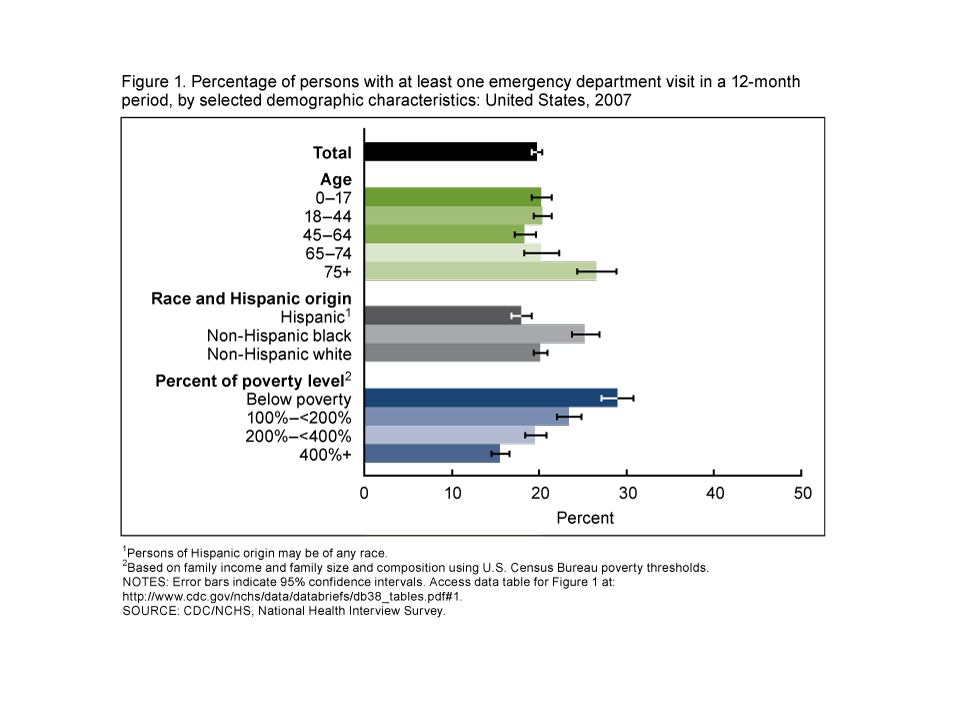
The Servant of God Fr. Emil Kapuan was awarded the Congressional Medal of Honor today by President Obama, making him the fifth Catholic chaplain to receive this award, the highest military honor given by the US government. Fr. Kapuan’s acts of extraordinary valor took place during the Korean War, where he saved and sustained scores of men on the battlefield and in the prison camp, all without once discharging his weapon. The President’s remarks before bestowing the medal are quite moving. (Though to be fair, it does not really require much rhetorical skill to make moving remarks about this man who gave all his heart, soul, mind and strength to serving his brethren.) “This is the valor we honor today,” said the President, “an American soldier who didn’t fire a gun, but who wielded the mightiest weapon of all, a love for his brothers so pure that he was willing to die so that they might live.”
The official citation reads that Fr. Kapuan was given this award for his “conspicuous gallantry and intrepidity at the risk of his life above and beyond the call of duty.” This line, of course, is the standard formula describing all those who receive this decoration. Thinking back upon other recipients of this medal, I cannot help but be struck by the contrast between the paradigm of moral excellence that it holds up to the nation and the standard criteria of just war that are taught in our classrooms, not to mention the principles and categories that are invoked in international diplomatic circles such as the UN Security Council. Reading Fr. Kapuan’s story today reminded me of Fr. Vincent Capodanno, who performed remarkably similar actions on the battlefields of Vietnam, ultimately dying in combat rather than in the POW death-house. Like Fr. Kapuan, Fr. Capodanno (who bore the delightful nickname “the Grunt Padre”) seemingly disobeyed orders in order to place himself in harm’s way for the sake of his stranded comrades. These are hardly examples of uncritical obedience to “legitimate authority.”
I also thought of the self-proclaimed “conscientious objector” Desmond Doss, who although refusing to carry a gun nevertheless served as a WWII medic. During the battle of Okinawa, he almost single-handedly retrieved 75 of his wounded comrades by lowering them one-by-one down a 400-foot escarpment on a litter supported by ropes. He was there because his government required his service during wartime, but he was there without a weapon of any kind because of his quite literal interpretation of the commandment “thou shalt not kill.” He continued retrieving soldiers until he himself was wounded by a grenade explosion. In giving the highest military honor to these men, our government is saying something about the justice of war, and the moral ideals to which it calls its citizens as they participate in war.
These are men who not only risk their lives, but who display a clear willingness to empty themselves entirely for others. These “others” all too often include the enemy as well. President Obama made a point to recount Fr. Kapuan’s act of blessing his enemy captors as they led him to the death-house where he would be abandoned. “Father forgive them, for they know not what they do.” Even more than his valor in battle, this is the sort of act that sets Fr. Kapuan apart as a distinctively Christian witness amidst the darkness of war. And it is this sort of act that has moved the Church to open his cause for canonization.
The standard model of just war usually sticks to more empirically accessible criteria for waging war, most of which fall roughly under the category of “self-defense”. And given the metaphysical and moral presuppositions of modern liberal democracy, I cannot see much warrant to go further than that. Yet it is remarkable that our country reserves its highest military honor precisely for those who do go further than that, for those who go “far above and beyond the call of duty.”
If there is a version of just war that is compatible with the Christian moral life, then surely it must be one that goes beyond mere self-defense. In considering whether there may be any way for disciples of Jesus Christ to serve their God and their country simultaneously in the context of war, I suggest that one might profitably begin by looking, not without some sense of irony and healthy suspicion, at the stories of the Christian disciples whom our own military holds up as its premier exemplars of honor.




Trackbacks/Pingbacks